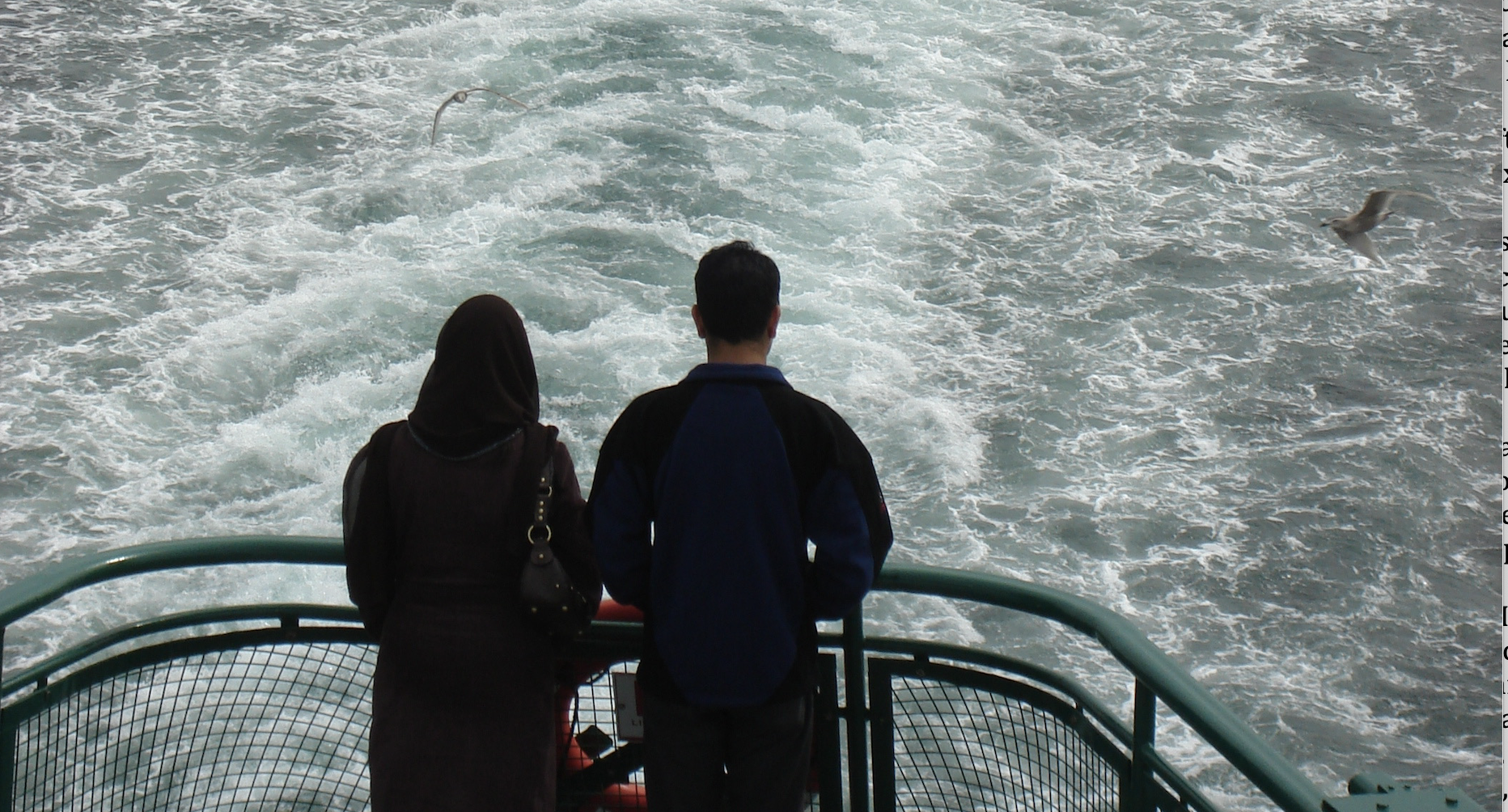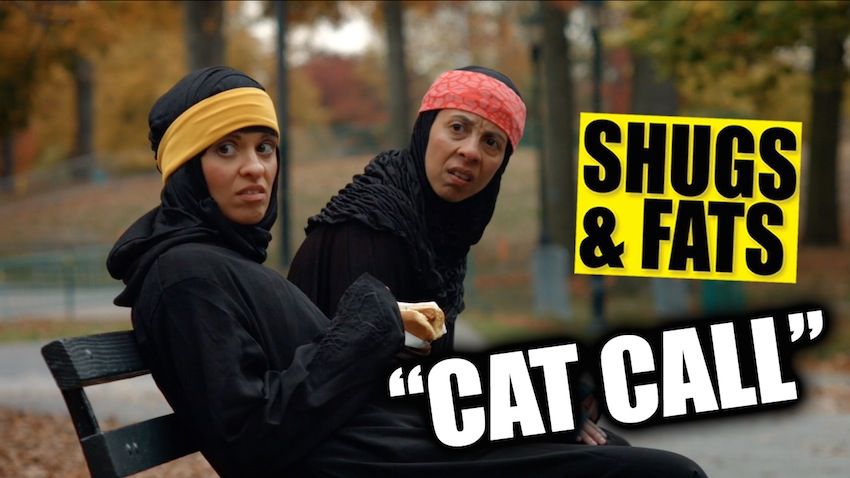Increasingly, I find myself unable to follow each ebb and flow of the news cycle. It feels redundant and it creates despair. But I feel a responsibility, personally and professionally to both know what’s going on. It helps if I think in themes instead of occurrences: If I can be conscious that white supremacy is gaining ground, perhaps it’s okay that I don’t read everything I can about the Black churches that burned in Louisiana. If I can understand that the Trump administration has it in for social welfare infrastructure, perhaps I can withstand the news of the latest program cut.
That’s my trade-off: If I can stomach enough to understand the intent or the purpose of something that is happening, I’ll let myself off the hook. I don’t need to live in the world’s every happening. I give myself permission to also raise my kids, write my book, live, by the grace of God, my stable and beautiful life.
This has thus been my approach to the nefarious campaign that says Islam is not a religion, but is instead a violent political ideology. Right-wing pundits and think tanks have been saying this in various forms since at least 9/11, but their efforts have become more targeted and more frequent since the 2016 elections. Riding every wave of its development is too much for me to handle, so instead I think about why it’s happening, and how to stop it.
In the aftermath of 9/11, conspiracy theories about Muslims blossomed. Pastor Ben Daniel explores these theories in his excellent 2013 book, The Search for Truth about Islam: A Christian Pastor Separates Fact from Fiction. One such conspiracy theory is that Muslims are permitted or even encouraged by their faith to lie to non-Muslims, and so, can never be trusted. Like the anti-Semitic conspiracy theory about Jews leading up to the second World War, another is that Muslims are engaged in some sort of legal or economic takeover of American society. It’s the kind of stuff that does well on Reddit, and in Alex Jones rants.
The assertion that Islam is not a religion is different, not in degree, but in kind, from those other conspiracy theories. Unlike other anti-Muslim assertions, it is both legally and socially strategic, and is therefore more dangerous. It requires a more sophisticated defense from civil liberties and human rights advocates.
If anti-Muslim activists in America are successful at identifying Islam, or some version of Islam, as an ideology rather than a religion, a few things happen. First, American Muslims lose the protection of the free exercise clause of the Constitution, which bars Congress from passing laws which prohibit the free exercise of one’s religion. The many institutional and individual rights which attach to religious practice, already so fragile for Muslims in an increasingly hostile environment, would come under attack, like the ability of Muslims to obtain zoning and licensing permits to build mosques; access to tax exempt status for mosques; the right of prisoners to observe a halal diet; the rights of school children to observe the fast or wear hijab.
The assertion that Islam is not a religion is different, not in degree, but in kind, from those other conspiracy theories.
In addition, justification for American “warfare,” perhaps more accurately described as colonial exploit, in the predominantly Muslim Middle East and North Africa, becomes easier. Muslims’ claims to their own sovereign states and their natural resources can be pushed aside. Muslim casualties and refugees, now enduring record displacement, can be credibly denied safe harbor. All of this becomes possible if they are no longer the innocent adherents of a legitimate faith, but are instead the vectors of a dangerous political ideology.
Finally, the identification of Islam as a political ideology creates the social conditions for widespread persecution of Islam and Muslims. Rhetorically, Americans believe in their own “freedom of religion,” and, perhaps sometimes grudgingly, that of their neighbors. When Islam is no longer a religion, the culture of tolerance becomes unmoored. This particular argument clears the way for Muslims, in particular, to be rejected from the broader project of America.
Sofia Ali-Khan is an American Muslim writer and former public interest lawyer now living in Canada with her family.





